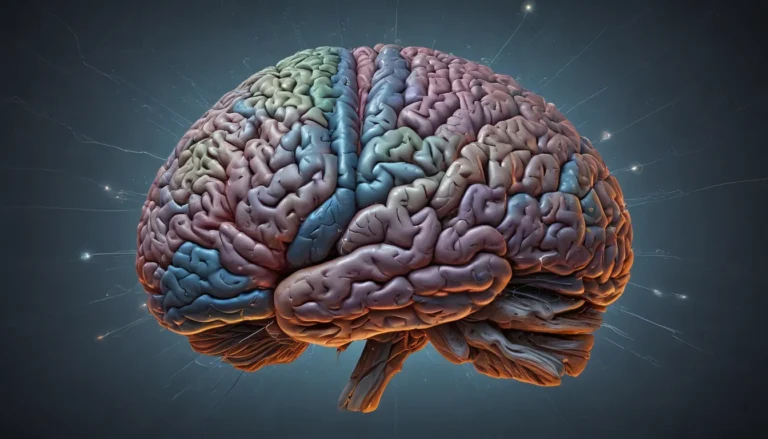A Note About Images: The images used in our articles are for illustration purposes only and may not exactly match the content. They are meant to engage readers, but the text should be relied upon for accurate information.
Eating disorders are complex mental health conditions that affect individuals of all ages, genders, and backgrounds. From anorexia nervosa to bulimia nervosa and binge eating disorder, these conditions can have serious physical and emotional consequences. In this article, we will delve into 17 astonishing facts about eating disorders, shedding light on their prevalence, causes, and impacts on society. Whether you are personally affected by an eating disorder or simply want to increase your knowledge on the subject, this article will provide valuable insights into this intricate issue.
Eating Disorders: A Diverse Spectrum
- Eating disorders do not discriminate and can impact individuals from all walks of life.
- The most common types include anorexia nervosa, bulimia nervosa, and binge-eating disorder.
- These disorders often coexist with other mental health conditions, such as depression or anxiety.
Prevalence and Impact of Eating Disorders
- Approximately 30 million people in the United States suffer from an eating disorder, highlighting it as a significant public health concern.
- Factors like genetics, environment, and sociocultural influences contribute to the development of eating disorders.
- Severe cases can lead to organ failure, weakened bones, and a distorted body image perception.
Understanding the Complexity of Eating Disorders
- The media plays a role in perpetuating unrealistic body standards, further exacerbating body dissatisfaction.
- While more commonly associated with women, men can also be affected by eating disorders.
- It is crucial to recognize that eating disorders are not solely about vanity but rather a complex interplay of psychological, social, and biological factors.
Recovery and Support for Eating Disorders
- Various forms of therapy, such as cognitive-behavioral therapy and nutritional counseling, can aid in the recovery process.
- Early intervention is key in treating eating disorders and improving the chances of successful recovery.
- With the right support, treatment, and dedication, individuals can overcome eating disorders and lead healthy, fulfilling lives.
Conclusion: Promoting Awareness and Support
Eating disorders are serious conditions that require understanding, support, and compassion. By raising awareness, promoting education, and fostering a supportive environment, we can empower individuals to seek help and embark on a journey towards recovery. Remember, seeking professional help is crucial for those struggling with eating disorders, and together, we can work towards a society that embraces body positivity and holistic well-being for all.
FAQs: Addressing Common Concerns
- Eating disorders are serious mental illnesses involving disturbances in eating patterns and body image.
- Treatment options include therapy, medical intervention, and support from healthcare professionals.
- Recovery from an eating disorder is possible with the right treatment and dedication.
- Supporting someone with an eating disorder involves offering non-judgmental support and encouraging them to seek professional help.
- Eating disorders can lead to serious health complications and societal pressures can contribute to their development.
In conclusion, understanding eating disorders is crucial in providing support and guidance to those affected by these conditions. By exploring the complexities of these disorders and promoting awareness, we can create a more inclusive and compassionate society. Remember, seeking help is the first step towards healing, and together, we can work towards a future where individuals with eating disorders feel empowered and supported on their journey to recovery.






